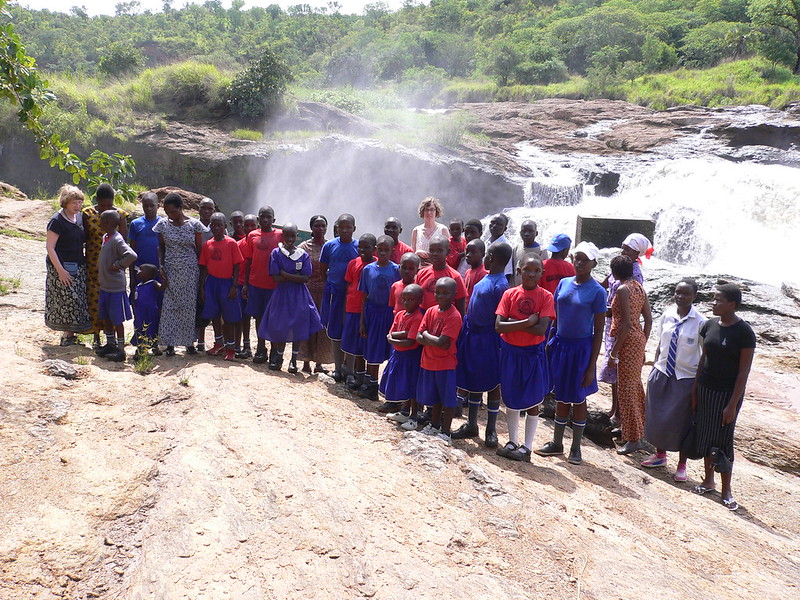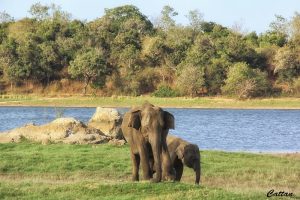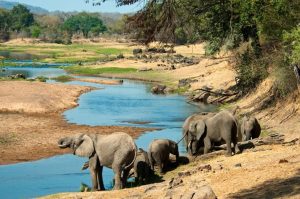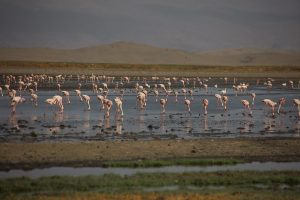Student research tours in Uganda and Rwanda
For the academic adventurer, Uganda and Rwanda stand as vibrant classrooms, offering not just the allure of wildlife and breathtaking landscapes but also a rich tapestry of culture, history, and opportunities for hands-on research. Explore with Abunda Discoveries Uganda the dynamic realm of student research tours in these East African nations, where curious minds can delve into diverse subjects, from biodiversity conservation to socio-cultural dynamics, all while gaining invaluable insights into the heart of Africa.
Biodiversity Extravaganza: Exploring Uganda’s National Parks
Uganda, often referred to as the “Pearl of Africa,” is a biodiversity hotspot. Student research tours can kick off with explorations of iconic national parks such as Bwindi Impenetrable Forest and Queen Elizabeth National Park.
Engage in wildlife studies, tracking endangered species, and contributing to conservation efforts under the guidance of experienced researchers and guides.
Gorilla Habituation Experience: Immersive Primate Research
Take part in the Gorilla Habituation Experience in Uganda’s Bwindi Impenetrable Forest.
Work alongside primatologists and conservationists as you study the behavior of mountain gorillas, contributing to the ongoing efforts to habituate these incredible primates.
Rwandan Conservation Initiatives: A Model for Sustainability
Rwanda’s commitment to conservation is evident in its successful initiatives, such as the reforestation efforts in the Volcanoes National Park.
Student researchers can explore these projects, examining their impact on biodiversity, climate change resilience, and the communities involved.
Cultural Anthropology: Probing the Roots of Rwandan Society
Rwanda’s history and culture are rich and complex. Student research tours can delve into cultural anthropology, studying the traditions, customs, and social dynamics of the Rwandan people.
Visit local communities, attend cultural events, and interview community members to gain a comprehensive understanding of Rwandan society.
Genocide Studies: A Historical Exploration
Rwanda’s journey from the tragedy of the 1994 genocide to its remarkable recovery is a crucial chapter in modern history.
Students can engage in genocide studies, visiting memorials, conducting interviews, and exploring the narratives of resilience and reconciliation that have shaped post-genocide Rwanda.
Eco-Tourism and Community Development: A Holistic Approach
Explore the intersection of eco-tourism and community development in both Uganda and Rwanda.
Participate in community-based projects, assess the impact of tourism on local economies, and contribute to sustainable practices that benefit both wildlife and communities.
Language Studies: Unlocking Cultural Conversations
For linguistics and language students, Uganda and Rwanda offer a fascinating study in linguistic diversity.
Study local languages such as Luganda, Kinyarwanda, and others, and explore how language reflects cultural nuances and historical influences.
Hands-On Conservation Projects: Practical Learning in Action
Engage in hands-on conservation projects, whether it’s tree planting, wildlife monitoring, or community-based initiatives.
Work side by side with local experts, gaining practical experience that extends beyond the classroom and contributes to the preservation of Uganda and Rwanda’s natural treasures.
Conclusion:
Student research tours in Uganda and Rwanda are not just academic expeditions; they are transformative journeys that immerse students in the diverse landscapes, cultures, and conservation efforts of East Africa. As students explore with Abunda Discoveries Uganda the realms of biodiversity, culture, and history, they not only gain valuable research experience but also contribute to the sustainable development and preservation of these remarkable nations. Uganda and Rwanda, with their unique blend of academic opportunities and natural wonders, invite students to embark on a journey of discovery, fostering a deep appreciation for the complexities and beauty of the African continent.




